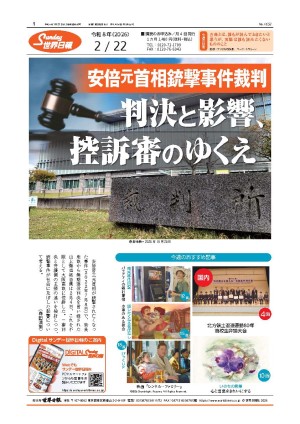キャンパス内の保守派弾圧で大学に背を向ける親たち Conservative suppression on campus turns parents away from colleges
かつてはハーバード大学からの合格通知書はうれしい知らせと考えられたが、保守的な家庭ではそれが変わりつつあるかもしれない。
保守系校の名声を持つヒルズデール大学のデービッド・ホエーレン副学長は、保守的な考えが嘲笑、弾圧、暴力の対象になる大学を避け、子供をヒルズデール大学に入れる親の数が増えたことに気付いている。
ホエーレン氏は「教育環境があまりに異常なので、今は親が他に目を向けるケースが多い。実際、子供が別の大学に行く予定だったが、ヒルズデール大学を見つけて大変喜ぶ親が増えている」と語った。
...【全文を読む】







